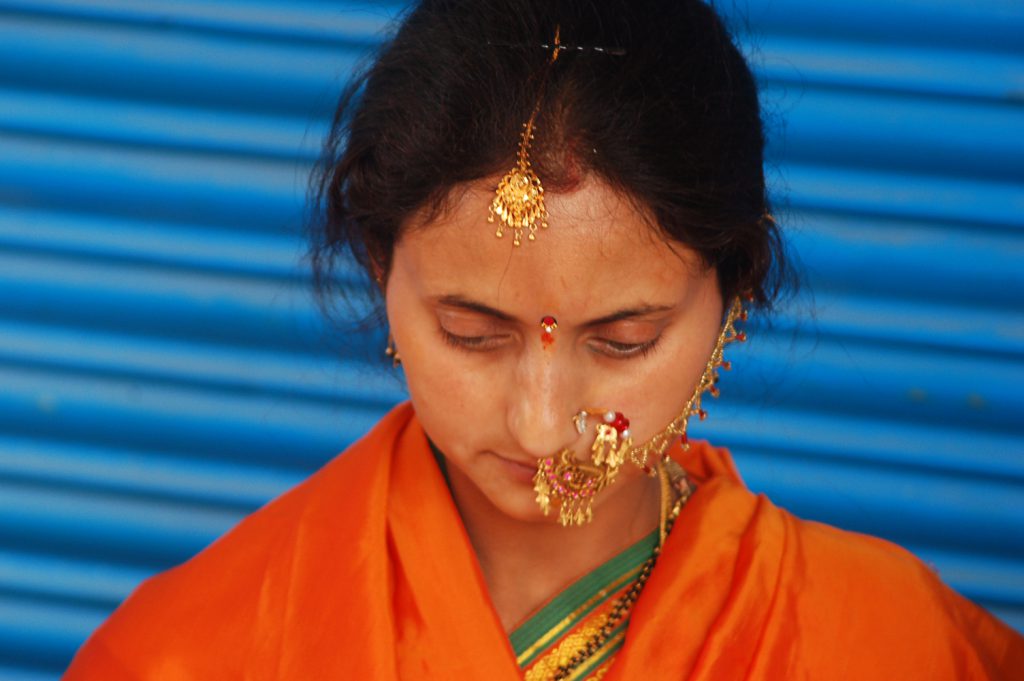On 29 December, it was revealed that lawyers and government officials of the Indian state of Madhya Pradesh have approved The Freedom of Religion Bill of 2020 which, although sounds promising in its title, has raised many concerns among the nations religious minorities. This new legislation, according to Reuters, “would make pressuring a woman to convert to their husband’s religion a crime punishable with imprisonment.”
Just a month prior, the Indian state Uttar Pradesh passed a similar law, the Prohibition of Unlawful Conversion of Religion Ordinance. In both Uttar Pradesh and Madhya Pradesh, officials claim that the legislation is aimed at “curb[ing] religious conversions using misrepresentation, allurement, force, threat, undue influence, coercion, marriage or any other ‘fraudulent means”, and the penalties for being charged with these actions include up to 10 years in prison and hefty fines.
However, though there is no specific religion mentioned in the bill, critics believe it may indiscriminately target the nation’s Muslim and Christian communities. For some time, radical Hindu nationalists have accused – without credible evidence – India’s Muslims of engaging in a “Love Jihad” campaign by which they coerce Hindu women to convert to Islam with the promise of marriage. Similarly, politicians in Madhya Pradesh have repeatedly criticized and condemned Christian missionaries, who they claim make promises of education and financial support to Hindu women in exchange for their conversion to Christianity.
As reported by Al Jazeera, “falling foul of the vaguely-worded legislation is not hard. Dozens of Muslim men have been arrested – for which police need no warrant – in just a few weeks, despite interfaith marriages being a rare phenomenon in the Hindu-majority nation.” Just recently, in mid-December, a Muslim teenage boy was abruptly arrested in Uttar Pradesh after the father of his female schoolmate claimed that he had “induced the girl to elope with him” with the “intention to marry and convert her.” Without any evidence, the boy was detained and charged under the Prohibition of Unlawful Conversion of Religion Ordinance, the Protection of Children from Sexual Offenses Act of 2012, and was additionally charged with abduction.
Vrinda Grover, a lawyer and human rights advocate, stated of the whole situation, “It’s the unholy trinity of patriarchy, caste and dominant religion that has always wanted to control women’s sexuality and freedom.” Should an Indian girl or woman choose to willingly convert religions or choose to no longer practice Hinduism, it is automatically assumed that she has been coerced or enticed by another individual – often a religious minority man -, and her right to religious conversion is stripped away as officials deny the legitimacy and authenticity of her actions. Such is the case in a nation where Hinduism is the dominant religion and deviation from the normal is condemned.
In mid-December, one 22-year-old Indian woman, Muskan Jahan, and her husband were the first people detained under Uttar Pradesh’s Prohibition of Unlawful Conversion of Religion Ordinance. Muskan had fallen in love with her now-husband, a Muslim man named Rashid, and converted to Islam. Despite that the marriage and religious conversion show zero signs of being fraudulent or coerced, when the couple went to register their marriage, they were escorted to the local police station. Rashid, the husband, was arrested, and Muskan was sent to a shelter home. While in the shelter home, Muskan experienced severe stomach pain and her mother-in-law now claims that Muskan suffered a miscarriage, possibly induced by an injection she received while being tended to medically. Local authorities have discredited the claim, calling it “fake news.”
Cover image by ellen reitman on Flickr (CC BY-SA 2.0)

